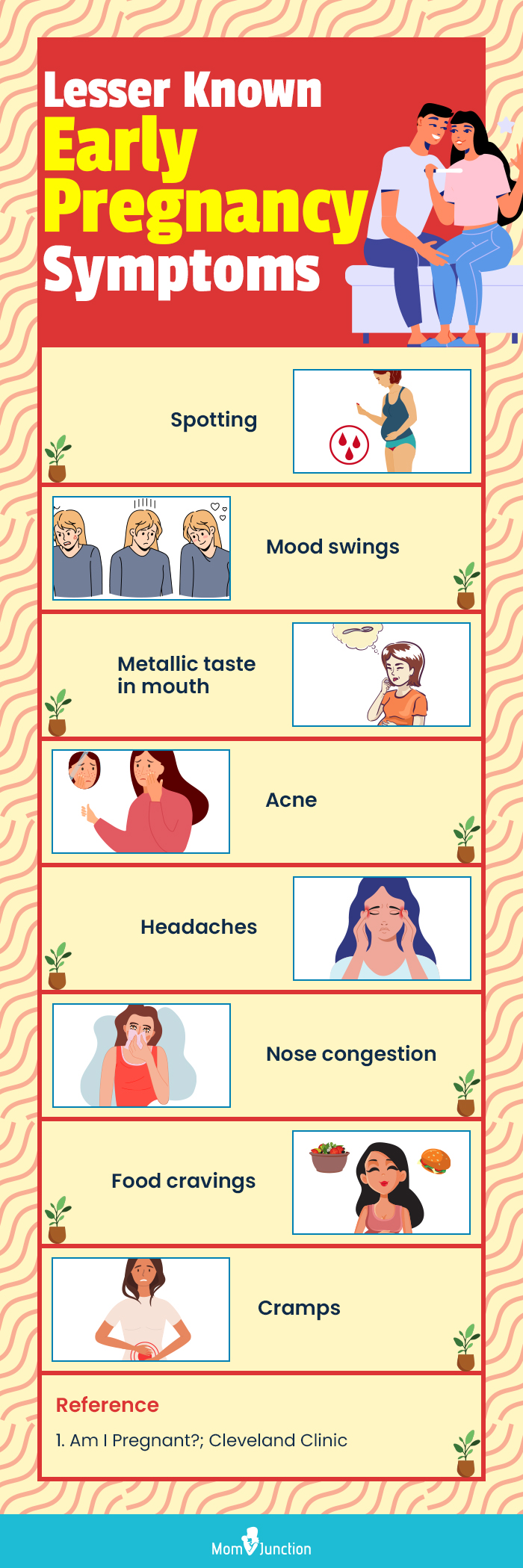
Absence of Symptoms and Pregnancy: Understanding the Silent Pregnancy
Pregnancy is a transformative journey marked by a myriad of physical and emotional changes. However, for some women, the absence of traditional pregnancy symptoms can lead to a condition known as a silent pregnancy. This article delves into the complexities of silent pregnancies, exploring their causes, potential risks, and the importance of early detection.
Defining Silent Pregnancy
A silent pregnancy, also referred to as a cryptic pregnancy, is characterized by the absence of typical pregnancy symptoms, such as morning sickness, breast tenderness, and a missed period. This can make it challenging for women to recognize that they are pregnant, leading to a delayed diagnosis.
Causes of Silent Pregnancy
The exact cause of silent pregnancy is not fully understood, but several factors may contribute to its occurrence:
- Hormonal Imbalances: In some cases, the body may not produce sufficient pregnancy hormones, such as human chorionic gonadotropin (hCG), which can result in a lack of symptoms.
- Placental Abnormalities: The placenta, which provides nutrients and oxygen to the developing fetus, may not function properly, leading to reduced hormone production.
- Underlying Medical Conditions: Certain medical conditions, such as polycystic ovary syndrome (PCOS) or thyroid disorders, can affect hormone levels and mask pregnancy symptoms.
- Lifestyle Factors: Stress, poor nutrition, and smoking may also contribute to the absence of symptoms.
Potential Risks of Silent Pregnancy
While silent pregnancies are generally not harmful to the mother or baby, they can pose certain risks:
- Delayed Prenatal Care: The absence of symptoms can lead to delayed prenatal care, which is essential for monitoring the health of both the mother and fetus.
- Preterm Birth: Silent pregnancies have been associated with an increased risk of preterm birth, as the mother may not be aware of her pregnancy until later in the gestation period.
- Low Birth Weight: Delayed prenatal care can also increase the risk of low birth weight, as the fetus may not receive adequate nutrition.
- Birth Defects: In rare cases, silent pregnancies may be associated with an increased risk of birth defects, as the absence of symptoms can prevent early detection and intervention.
Early Detection and Diagnosis
Early detection of a silent pregnancy is crucial for ensuring the health of the mother and baby. Regular pregnancy tests, even in the absence of symptoms, can help to identify a pregnancy early on. Additionally, women who experience any unusual symptoms, such as unexplained weight gain or changes in their menstrual cycle, should consult a healthcare professional promptly.
Ultrasound Confirmation
Ultrasound imaging is the primary method used to confirm a silent pregnancy. An ultrasound can detect the presence of a gestational sac and fetal heartbeat, even if symptoms are absent.
Management of Silent Pregnancy
Once a silent pregnancy is confirmed, the healthcare provider will closely monitor the mother and fetus throughout the gestation period. This may include:
- Regular Prenatal Care: The mother will need to attend regular prenatal appointments to monitor her health and the baby’s development.
- Ultrasound Monitoring: Ultrasound scans will be performed periodically to assess fetal growth and well-being.
- Blood Tests: Blood tests may be used to check hormone levels and screen for any potential complications.
- Lifestyle Modifications: The healthcare provider may recommend lifestyle modifications, such as quitting smoking, eating a healthy diet, and managing stress, to support a healthy pregnancy.
Emotional Impact of Silent Pregnancy
Silent pregnancies can have a significant emotional impact on women. The delayed realization of pregnancy can lead to feelings of shock, denial, and anxiety. It is important for women to seek support from healthcare professionals, family, and friends during this time.
Conclusion
Silent pregnancies, while uncommon, are a reminder that the absence of traditional pregnancy symptoms does not necessarily mean that a woman is not pregnant. Regular pregnancy tests and prompt medical attention for any unusual symptoms are essential for early detection and appropriate management. By understanding the causes, risks, and importance of early diagnosis, women can navigate the complexities of silent pregnancies and ensure the health and well-being of both themselves and their babies.